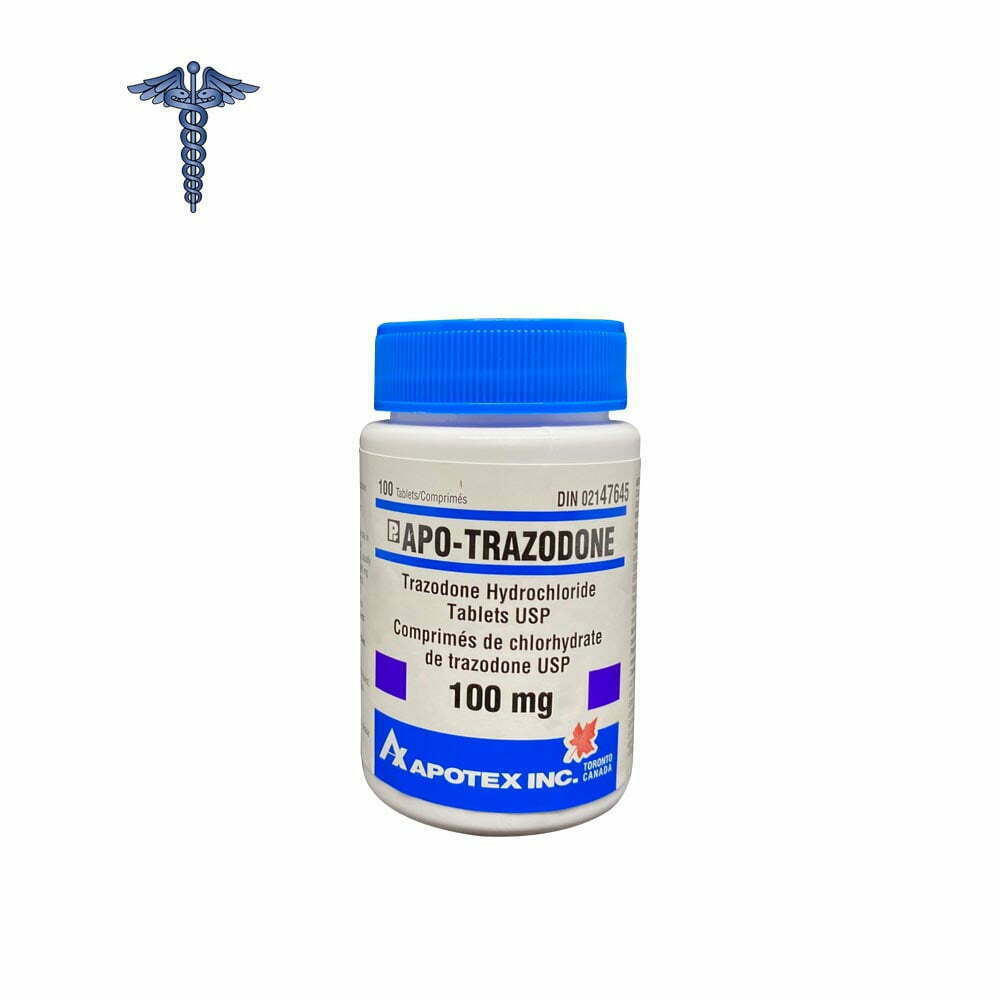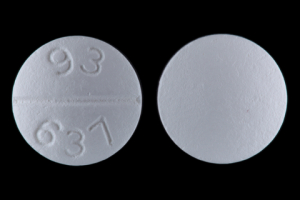
However, significant therapeutic limitations exist, including modest remission rates, often <50 % for both SSRIs and SNRIs, a relatively slow onset of efficacy and variable efficacy across the spectrum of depressive symptoms. SSRIs and their derivative compounds, the serotonin-noradrenaline (norepinephrine) reuptake inhibitors (SNRIs) and noradrenaline reuptake inhibitors (NERIs), have since been shown to be comparable in efficacy and more tolerable than older agents such as tricyclic antidepressants (TCAs) and monoamine oxidase inhibitors (MAOIs). Over 20 years has passed since the introduction of the last major class of antidepressant medications, the selective serotonin reuptake inhibitors (SSRIs), which are now widely available. Furthermore, treatment strategies for patients who have not responded adequately to first-line therapy include switching to a different monotherapy, combination therapy with another antidepressant or augmentation with a different agent. Patients with severe MDD may require the combination of an antidepressant with an antipsychotic agent, electroconvulsive therapy or a combination of antidepressant(s) with psychotherapy. In general, the first-line treatment of moderate or severe MDD includes antidepressant monotherapy, evidence-based psychotherapy and/or a combination of both approaches. Īccording to current treatment guidelines, the main goals of treatment for MDD include the achievement of symptomatic remission and function recovery however, suboptimal treatment prevents the achievement of these goals. Despite the availability of antidepressant pharmacotherapies that could provide effective and well tolerated treatment to many patients, fewer than 25 % of individuals with MDD receive adequate treatment. In primary care, MDD can be reliably diagnosed and international treatment guidelines along with various algorithms are available to guide physicians in the treatment process. Major depressive disorder (MDD) is a common mental disorder that affects approximately 121 million people worldwide, and is among the leading causes of disability and disease burden. The recently approved prolonged-release formulation should provide further optimization of this antidepressant and may be useful for enabling an appropriate therapeutic dose to be administered with improved patient compliance.

Trazodone is effective in controlling a wide range of symptoms of depression, while avoiding the negative effects on sleep seen with SSRI antidepressants. Overall, trazodone is an effective and well tolerated antidepressant (SARI) with an important role in the current treatment of MDD both as monotherapy and as part of a combination strategy. Other events reported, albeit with low incidence, include orthostatic hypotension (particularly in elderly patients or those with heart disease), minimal anticholinergic activity, corrected QT interval prolongation and torsade de pointes, cardiac arrhythmias, and rare occurrences of priapism and suicidal ideation. The most common adverse effects reported with trazodone are drowsiness (somnolence/sedation), headache, dizziness and dry mouth.


Although trazodone is approved for the treatment of depression, evidence supports the use of low-dose trazodone as an off-label hypnotic for the treatment of sleep disorders in patients with MDD. Clinical studies have led to the recent approval in the USA of TzCOAD (as Oleptro™ Angelini Labopharm LLC, Princeton, NJ, USA), which may see resurgence of interest in the drug for the management of patients with MDD. Recent focus has been placed on the development of a new prolonged-release once-a-day formulation of trazodone (TzCOAD), which may provide improved tolerability over the conventional immediate-release formulation of trazodone. insomnia, anxiety and sexual dysfunction). Moreover, the SARI action of trazodone may overcome the tolerability issues that are often associated with second-generation antidepressants such as SSRIs (i.e. In clinical studies, trazodone has demonstrated comparable antidepressant activity to other drug classes, including tricyclic antidepressants (TCAs), selective serotonin reuptake inhibitors (SSRIs) and serotonin–noradrenaline (norepinephrine) reuptake inhibitors (SNRIs).

The drug is approved and marketed in several countries worldwide for the treatment of major depressive disorder (MDD) in adult patients. Trazodone is a triazolopyridine derivative that belongs to the class of serotonin receptor antagonists and reuptake inhibitors (SARIs).


 0 kommentar(er)
0 kommentar(er)
